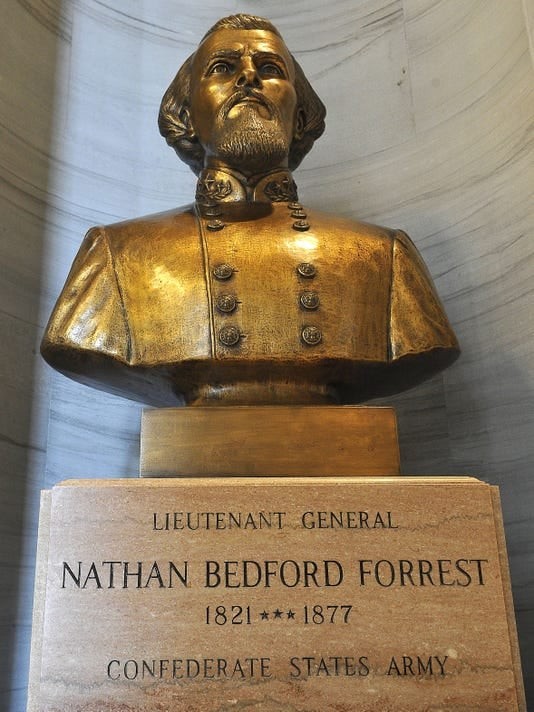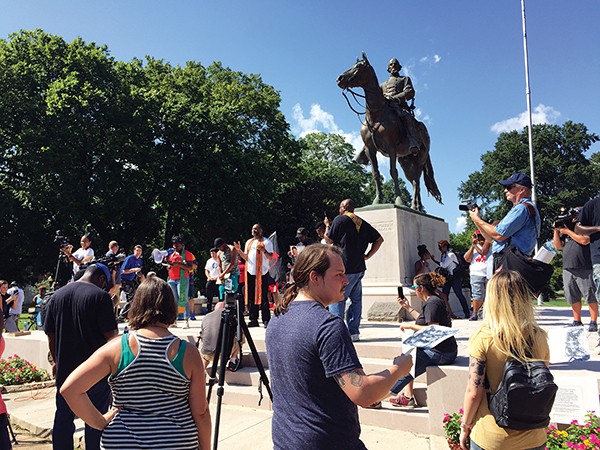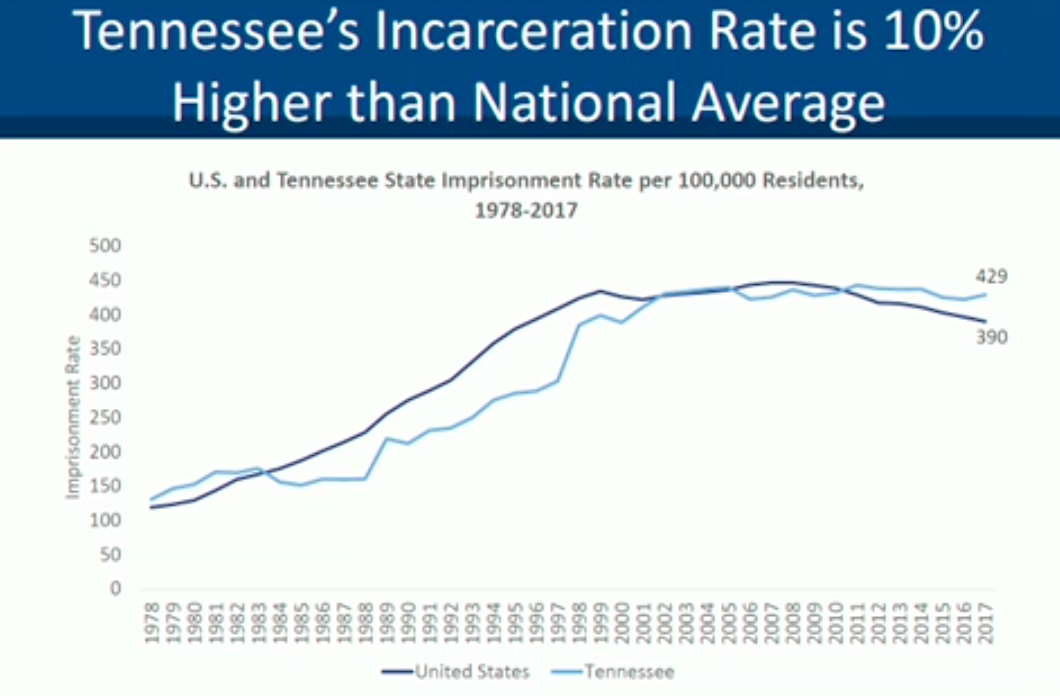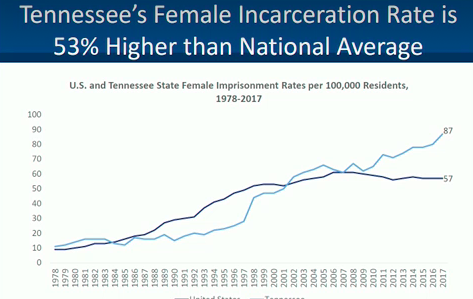 World Relief
World Relief
Refugee family reunites at airport
A Tennessee House committee advanced what some are calling a “hateful anti-refugee” resolution Tuesday.
The resolution, HJR 0741, sponsored by Rep. Terri Weaver (R-Lancaster), seeks to advance Tennessee’s lawsuit against the federal government over refugee resettlement here.
The lawsuit was filed in March 2017 against the United States Department of State on the grounds that refugee settlement in Tennessee violates the U.S. Constitution by requiring the state to pay for a program it did not consent to.
The lawsuit was dismissed in March 2018 by a federal judge who ruled there was a lack of standing by the legislature to sue on its own behalf and that the state failed to show that refugee resettlement in Tennessee violates the Constitution.
The Sixth Circuit Court of Appeals upheld that decision in August, also stating that the General Assembly had not established its standing.
In September, attorneys with the Thomas Moore Law Center (TMLC), who are representing the state in the suit, filed a petition asking the appellate court to rehear the case, on the grounds that the court’s decision was “painfully at odds” with Supreme Court precedent. The court denied that request.
Now, attorneys with the TMLC are petitioning the U.S. Supreme Court to hear the case.
[pullquote-2]
Weaver, who was the House sponsor of the 2016 resolution that initiated the litigation, said the purpose of the resolution is to help the lawsuit move to the Supreme Court.
“The problem that is being addressed is that the federal government cannot coerce the states to pay for a federal program because that sets a very dangerous precedent for us as a state using the state budget as a solution to federal funding deficit.”

Weaver
Weaver said President Donald Trump’s executive order in September, which gave states the choice to opt in or out of continuing refugee resettlement and Tennessee Governor Bill Lee’s consent to the program “has made it a muddy mess.”
“We object to Governor Bill Lee’s action, the effect of which nullifies and violates the constitutional duty and exclusive institutional authority and power of the General Assembly to expend public money pursuant to appropriations made by law,” the resolution reads in part.
Weaver said she doesn’t like to see “where the separation of powers are muddied. We need to stay in our own sandbox.”
Rep. Bill Beck (D-Nashville) opposed the resolution Tuesday.
“To me it just seems that the love, accepting, warm, hospitality that we as Tennesseans serve is not reflected in this resolution,” Beck said. “We need to put ourselves in the shoes of those fleeing persecution and the challenges they have and know the empathy we need to have for them and to know what they’re going through and to welcome them and love them and lift them up. That’s my position.”
To that Weaver responded: “This is not that. This is all about a federal program. We can’t stop refugees from coming here because it’s a federal program. So what we’re asking is the federal government to pay for it.”
Weaver added that “the spirit of this is not mean. The spirit of this is to separate separations of powers, which we gave our oath to protect.
We’re appropriating funds for something we do not have authority over and that is a slippery slope for other programs down the road.”
Weaver said she is unclear about exactly how much the state is appropriating to the program, but that the state has been responsible for costs related to housing, English Language Acquisition (ELA), and health-care needs of refugees.
“We have our homeless, our veterans, our seniors,” Weaver said. “We have people in this state that are citizens currently that have needs we need to address as well.”
The resolution advanced Tuesday with a voice vote.
[pullquote-1]
Judith Clerjeune, policy and legislative affairs manager for the Tennessee Immigration and Refugee Rights Coalition Votes condemned the resolution, calling it a “hateful tactic.”
“Just in time for another election, a handful of legislators are returning to their classic hateful playful — scapegoating refugees,” Clerjeune said. “Facing a primary challenge, Rep. Weaver is trying to appeal to those most hateful voters in her district, hoping she can win her re-election bid by targeting some of the world’s most vulnerable people. But, her constituents deserve a representative who will work to meaningfully improve their lives, not just recycle a failed resolution from five years ago.”
Clerjeune also questions the intent of the resolution.
“Despite legislators’ attempts to cast these bills and resolutions as simply a matter of clarifying constitutional responsibilities, the real intent and impact of these efforts are a crystal clear: keeping refugees from finding safety and opportunity in Tennessee.”
 Micah Van Huss/Twitter
Micah Van Huss/Twitter  OUTMemphis
OUTMemphis 
 Jackson Baker
Jackson Baker 
 Nathan Bedford Forrest Boyhood Home/Facebook
Nathan Bedford Forrest Boyhood Home/Facebook 



 Tennessee General Assembly
Tennessee General Assembly 




 Crime and Justice Institute
Crime and Justice Institute 
 Google Maps
Google Maps  Crime and Justice Institute
Crime and Justice Institute 
 Tennessee General Assembly
Tennessee General Assembly  Tennessee General Assembly
Tennessee General Assembly  Tennessee General Assembly
Tennessee General Assembly  Tennessee General Assembly
Tennessee General Assembly  Tennessee General Assembly
Tennessee General Assembly  Tennessee General Assembly
Tennessee General Assembly  Bianca Phillips
Bianca Phillips